World leading experts and support teams at The University of Dundee have an integral role in the worldwide battle against COVID-19. The university is one of the Scottish institutions awarded funding to rapidly screen for potential COVID-19 treatments, in a global effort to quickly repurpose existing drugs to battle against the virus.
Researchers at the university are also the first to lead trials into a drug which may tackle the symptoms of COVID-19. They are trialling brensocatib, which is being developed to treat lung inflammations and they will investigate whether the drug can stop the disease attacking the lungs and preventing the need to place patients on ventilators.
The University has also joined a new network of cancer centres which is working on the best approaches to care for cancer patients who contract COVID-19. The network will identify how the virus interacts with cancer and the best way to treat cancer patients.
Three research projects commissioned by the Scottish Government’s COVID-19 Rapid Research Project, will be undertaken at the University of St Andrews. One project will identify community COVID-19 cases and explore the differences between these cases and those in a healthcare setting using computer techniques to extract key information from a tracker app. Theoretical models will be used to investigate how the virulence of the virus evolves in response to different social distancing strategies. Another project will create a spatial mathematical model for COVID-19 capable of robust predictions.
A study undertaken by the Centre for Population Change and School of Geography and Sustainable Development at the University of St Andrews suggests that death rates from COVID-19 could be between 50% and 80% higher in rural communities and remote small towns. The analysis applies data on age specific fatality rates to the area’s population by age and sex.
-
Organising
Organising a conference
With a proven track record of staging world-class conferences, we deliver an exceptional delegate experience
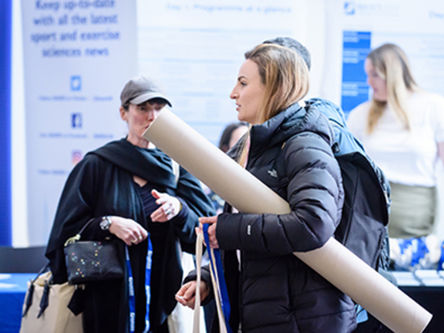
-
Attending
Attending a conference
A warm Scottish welcome awaits our delegates from around the world
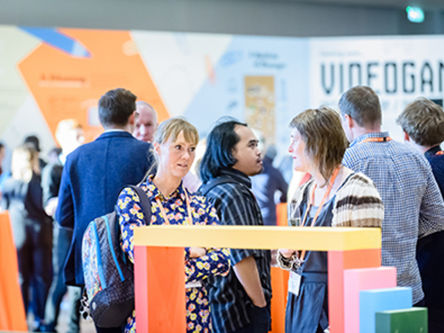
-
Impact
The impact of Business Events
Business Events facilitates and supports essential exchanges, integral to not only economic advancement, but societal development as a whole
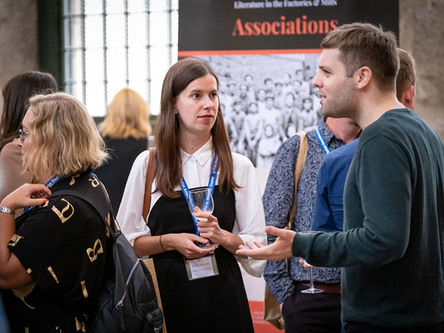
-
Pathfinders
Pathfinders
Advancing social and economic progress for Scotland and the region of Dundee, Angus, Fife and Perthshire
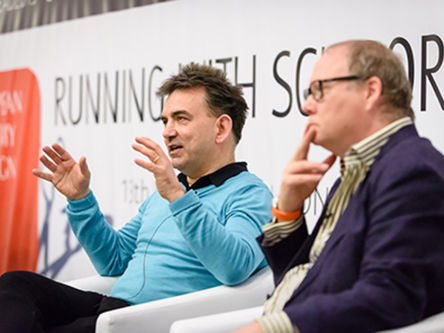
-
Partners
Bureau partnership
Work with us to deliver outstanding experiences
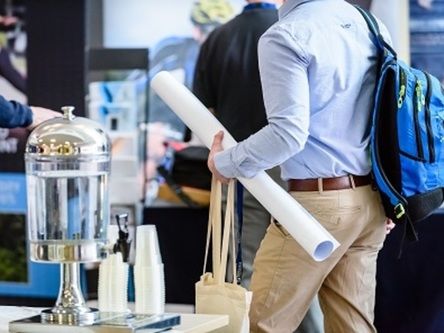
-
News


